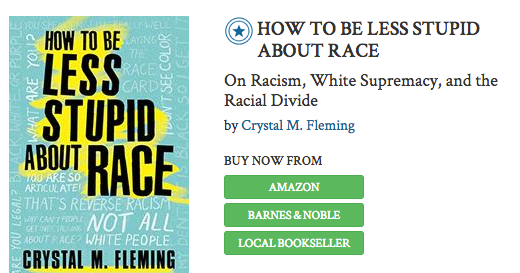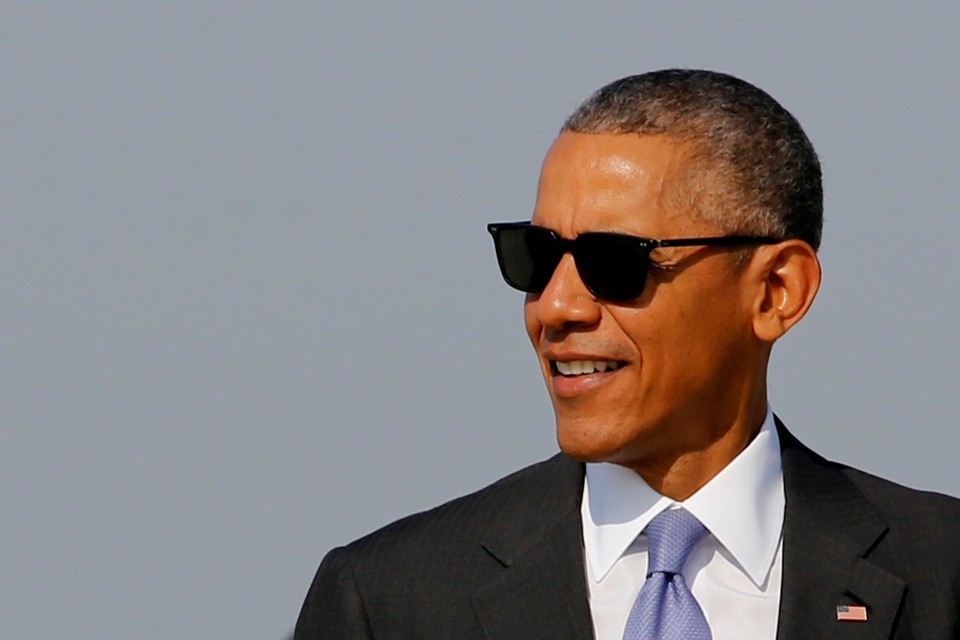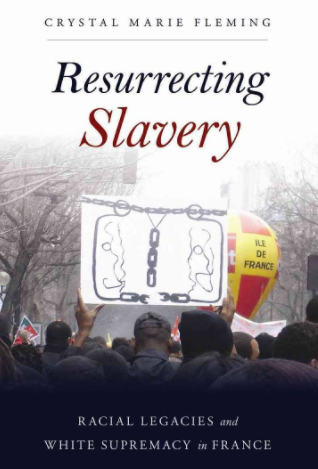Today, September 23rd, is Bisexual Awareness Day–a day that I, a bi-sexually identified person, didn’t even know existed until a few weeks ago. In honor of this occasion, I’m sharing a few reflections on a post I wrote last year, “On Being Openly Bisexual in Academia”.
Looking back, it’s clear to me that I should have contextualized my personal narrative in the data we have on the experiences (and considerable disadvantages) of bisexual people more broadly. While it is indeed true that being open about my sexuality has mostly been met by colleagues with a collective yawn, I also realize that I possess a number of privileges that may protect me from some of the more pernicious dangers and dilemmas that many bisexual people face in coming out in their own work spaces. And even for me, it has not always been easy. I know that acknowledging my sexuality comes with a cost, even within the so-called “liberal” enclaves of academe.
As this informative article published by GLAAD makes clear, bisexual people are not only less likely to be out at work (and to health care providers) than lesbian women and gay men, but they also experience higher rates of poverty and poorer physical and mental health.
- “Approximately 25% of bisexual men and 30% of bisexual women live in poverty, compared to 15% and 21% of non-LGB men and women respectively and 20% and 23% of gay man and lesbians”
- “Nearly half of bisexual people report that they are not out to any of their coworkers (49%), compared to just 24% of lesbian and gay people.”
- “20% of bisexuals report experiencing a negative employment decision based on their identity, and almost 60% of bisexual people report hearing anti-bisexual jokes and comments on the job.”
And this, from the Bisexual Resource Center:

More than half of the United States 9 million LGBT people identify as bisexual — but many do not feel comfortable or safe acknowledging their sexuality to people in their lives. This discomfort should not be minimized. Many people do not understand bisexuality and bisexual people are often targets of stigma even (and perhaps especially) within the queer “community”. Further, people who are bisexual but in relationships with people of the “opposite” sex are almost always rendered invisible and find it very difficult to challenge that invisibility. It is important that we-individually and collectively-raise awareness about these issues and affirm the moral principle that people should be valued and cared for no matter the gender(s) of the person(s) they love.
In the ten months that have passed since I wrote my post, strangers have written me long emails to thank me for being open about myself and others have sent private messages on social media, admitting how difficult it is being bi. Colleagues have thanked me personally, at conferences, for sharing a story that resonated with them, a story they sometimes do not feel comfortable expressing themselves– for all the reasons I’ve outlined here. I also heard from a group for Bisexual Women of Color who build community on Facebook. I feel honored and grateful that folks have reached out to me in this way, as it allows me to know that I, too, am not alone.
Over the last year, I’ve also had an opportunity to re-think the politics of bisexual identity. Being in my first long term relationship with a lesbian-identified woman — and being perceived as lesbian by people who see us together — means that I have developed a deeper understanding of the fact that bisexuality can co-mingle with queer and lesbian identities. Most people see me as a lesbian because I’m in a visible relationship with a woman — and this has reshaped the contours of my own identity. Sometimes I see my sexual identity as queer, as lesbian and bi-sexual — these things coexist for me — yet I continue to find it politically and personally important to highlight my bisexual identity, if for no other reason than the fact that if I don’t, this important aspect of my identity will be ignored.
But the contextual recognition of my bisexuality has raised odd questions, sometimes from intimates and sometimes from perfect strangers. I usually don’t mind the (earnest, respectfully phrased) questions, as it sort of comes with the territory for one who engages in the politics of identity, but I’ve occasionally been taken aback. There’s the time, for example, that I was queried – by a straight friend – as to why I would ever talk about being bisexual when I’m currently in a serious relationship. Does recognizing my bi-sexuality suggest that I am not really committed to my partner? This question surprised me – although it should not have – because it implied that people’s sexuality in fact depends on their relationship status. The reality, too, is that same sex relationships are very often trivialized and seen as less serious than heterosexual unions–perhaps especially when one or both partners are bi. I asked my friend whether his sexuality changes depending on whether he’s single or partnered. It was in that moment, I think, that he understood that my sexuality is my sexuality no matter who I’m with (or not with), just as his sexuality continues to be his sexuality whether single or partnered. It is obvious to me that my sexuality is not just (or even mainly) about who I relate to in my romantic life. My bi(sexuality) is, in a fundamental way, part of the lens through which I see myself, the world, and my place within it. This more expansive understanding of sexuality (as more than just who you are with at the time) is more or less tacitly accepted for heterosexuals, even if it is not explicitly acknowledged. The truth, however, for people like me is that when we are silent about our sexuality, it is rendered invisible by the assumptions people make regarding the gender of the person we have chosen to love.
As heterosexual wo/men can still appreciate the beauty of the “opposite” sex while partnered, so do bisexual people continue being bisexual when partnered. And there is nothing about this reality that makes it impossible for bisexual people to be committed. It is evidently clear that heterosexuality itself does not imply that people involved in heterosexual relationships are committed to each other.
I love the fact that I am partnered with a woman who is rooted and secure enough in her sexuality to allow me to be who I am without being threatened by my identity. With her, I can laugh and joke about how attractive other people are, regardless of their gender. I can talk about my experiences dating men and women in the past without fear of judgment. It doesn’t mean she always understands those experiences — but she allows them, just as I allow her the integrity of her own reality and her past, even when doing so is challenging or stretches the bounds of what I personally understand. We can do this because we allow each other to be human–and more specifically, to be the kind of humans that we feel we are. Knowing that identities can and do change, it is nonetheless reassuring to know that we can comfortably affirm the identities that feel right for us today.
All of this to say, my relationship to bisexuality — as an identity and social reality — is changing. But what has not changed for me, is the importance of raising awareness that people like me exist and are as valuable and beautiful and lovable and fly as anyone else.
So today, and everyday, show some love to bisexual people — those you know and those you don’t yet know that you know. Do not make assumptions about someone’s sexuality based on the gender of the person they are in a relationship with. Understand that bisexuality is very often hidden — that it is not easy to come out — and that coming out for bi-sexual people is often something that must be repeatedly performed in function of the gender of the person they are dating at the time. Try to compassionately accept, even if you might not personally understand, that some of us love across gender. Having the warm support of friends and family has helped enormously during times when I experienced rejection, judgment and stigmatization from people who could not (yet) and may never accept me as I am. Every bit of compassion we share can and does make a difference.
PS: check out the hashtags #biawarenessday as well as #bilookslike on Twitter .. Here are some of my visual contributions..






















